July 25, 2014
July Faculty and Staff Features 2014
Share this story
William L. Dewey, Ph.D., professor and chair, and Charles O’Keeffe, professor, Department of Pharmacology and Toxicology, School of Medicine
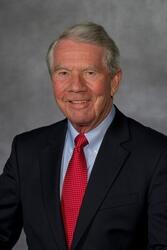
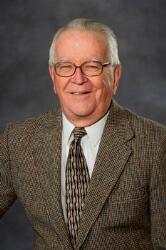
Dewey and O’Keeffe were selected as 2014 winners of awards of excellence from the National Institute on Drug Abuse’s International Program.
Dewey received a special recognition award for excellence in scientific accomplishments and for his devoted service to the addiction research community. O’Keeffe received the Award of Excellence in International Leadership for his role in advising three U.S. presidents on international health and drug policy issues and as a frequent consultant to the World Health Organization and other U.N. agencies.
The NIDA International Program works with colleagues from around the world to find evidence-based solutions to the public health problems of drug abuse, addiction and drug-related HIV/AIDS. Its Awards of Excellence winners are selected based on contributions to areas essential to the mission of the NIDA International Program: mentoring, international leadership and collaborative research. The awards were announced on June 14 at the 19th annual NIDA International Forum in San Juan, Puerto Rico.
Maryanne Collinson, Ph.D., professor, Department of Chemistry, College of Humanities and Sciences
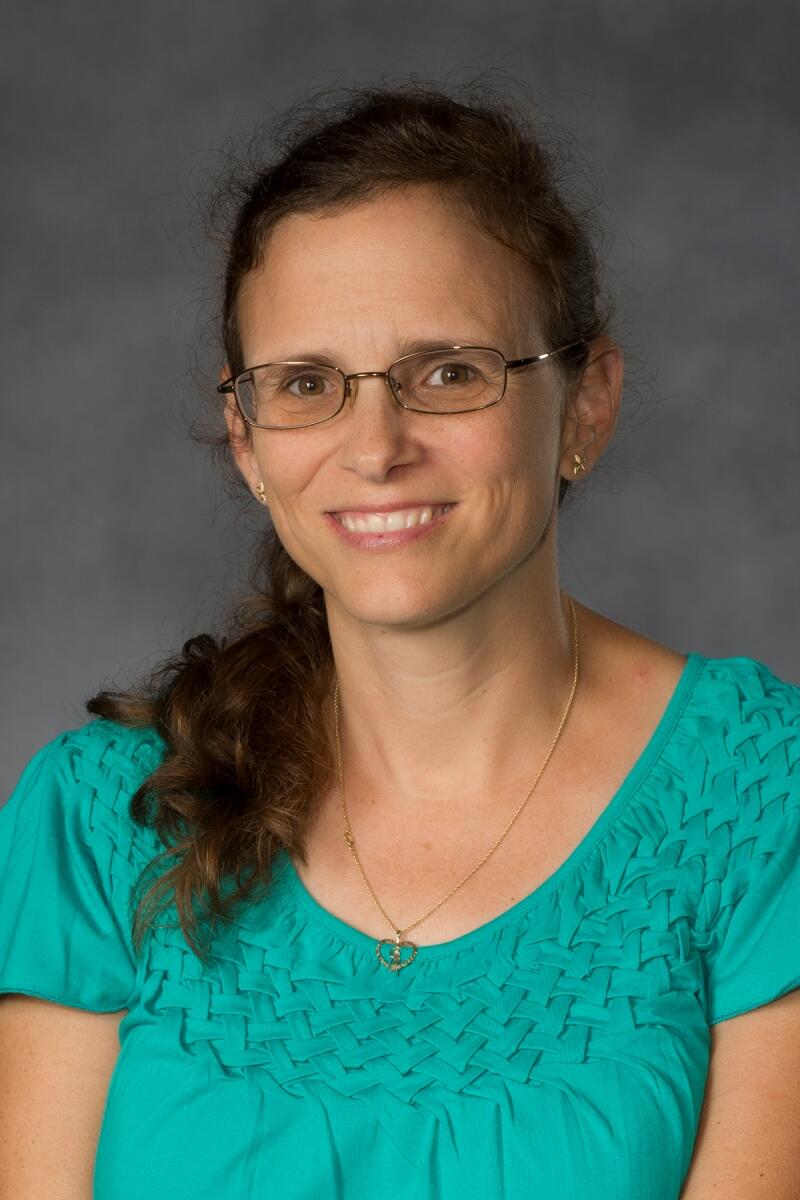
The National Science Foundation awarded Collinson a $160,000 grant for the project “Collaborative Research: Characterization of Functionally-Graded Sol-Gel-Derived Silica Films on Multiple Length Scales, from Single Molecules to Macroscopic Properties.”
The focus is to develop material incorporating a chemical gradient in which the composition gradually varies along a single sample. The development of new materials for advanced technologies usually requires that a large number of different samples be synthesized and tested one by one to find those best suited for the intended application. Collinson hopes to carry out an alternative to this common practice.
Through this new strategy of using chemical gradients, it is possible to make use of better catalysts for production of pharmaceuticals, plastics, lubricants and fuels and in the fabrication of surfaces with adhesion properties tailored for the attachment and growth of biological tissue.
The project begins Sept. 1.
Michael A. Reshchikov, Ph.D., associate professor, and Denis Demchenko, Ph.D., assistant professor, Department of Physics, College of Humanities and Sciences
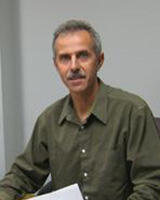
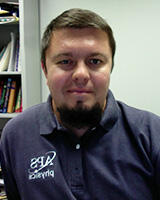
The National Science Foundation awarded Reshchikov and Demchenko a three-year, $98,120-grant, “Point Defects in Gallium Nitride: Experiment and Theory,” to understand point defects in GaN. These point defects have important and potentially immediate impacts in technology that can support longer life of LEDs.
Through this project, many students within the Department of Physics will have the opportunity to gain hands-on experience with a state-of-the-art experiment and calculations.
Frank Bosco, Ph.D., assistant professor of management, School of Business
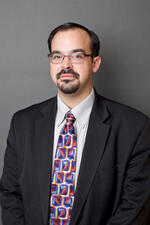
Bosco, with co-principal investigator Krista Uggerslev of the Northern Alberta Institute of Technology, received a $140,000 grant from the Society for Human Resources Management for “Bridging Communication Gaps in HR by Mapping Constructs and Findings.” This is the second-largest SHRM Foundation grant since 1996.
Earlier this year, Bosco received a National Science Foundation grant for $123,000 for another part of this larger project. With SHRM, NSF and other funding sources, Bosco and his colleagues have generated $495,881 in research support this year.
D’Arcy Mays, Ph.D., associate professor and chair, Department of Statistical Sciences and Operations Research, College of Humanities and Sciences
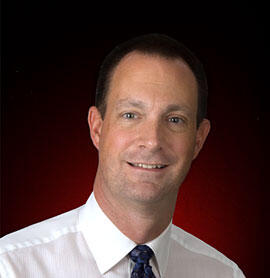
Mays was named a fellow of the Virginia Academy of Sciences at an academy banquet in May. Nearly 600 middle school and high school students and nearly 300 college faculty and students attended the VAS annual meeting, which was hosted by VCU.
VAS establishes and maintains research and discoveries within Virginia for educational purposes, and promotes people, associations and organizations interested in science and scientific research in all of its branches. VCU will again host the annual meeting in 2017.
Angela Starkweather, Ph.D., associate professor and chair, Department of Adult Health and Nursing Systems, VCU School of Nursing
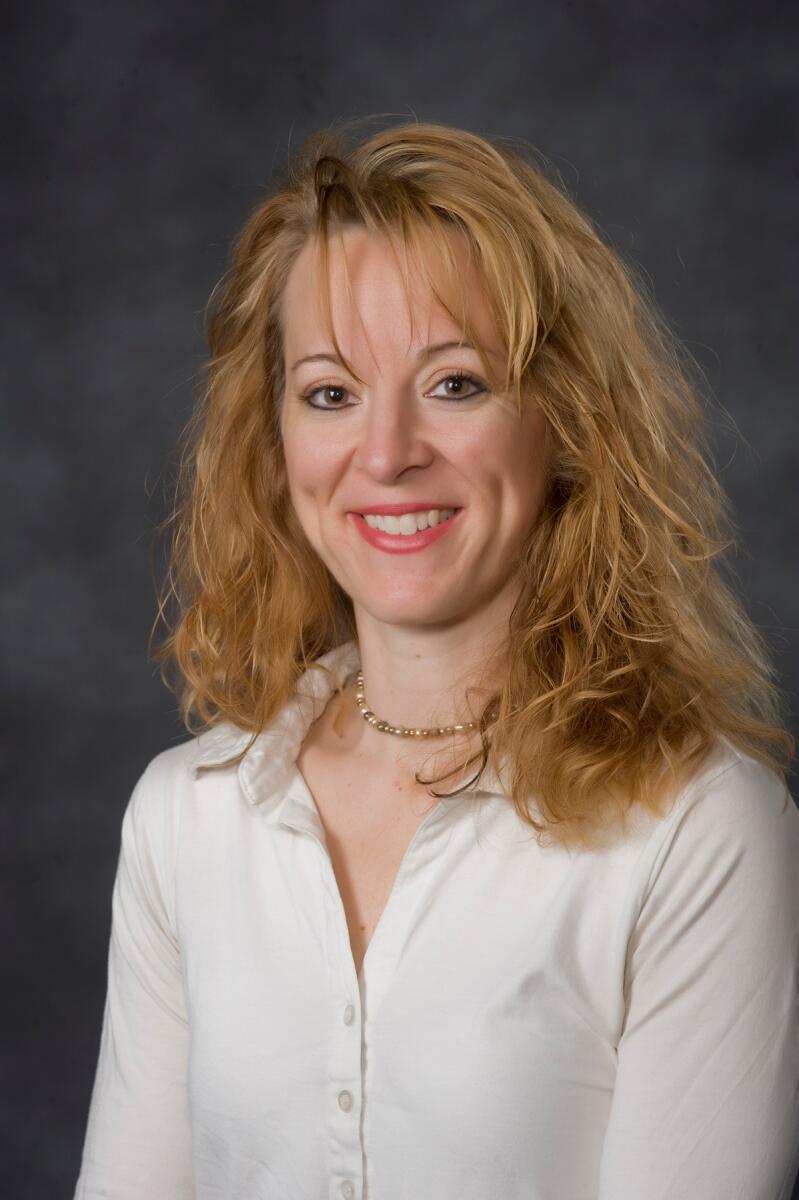
Starkweather will receive one of the most prestigious honors in nursing this fall when she is inducted as a fellow in the American Academy of Nursing. The academy recently announced Starkweather as one of 168 nurse leaders who will be inducted at the AAN annual meeting in October in Washington, D.C.
Selection criteria include evidence of significant contributions to nursing and health care and sponsorship by two current AAN fellows. Applicants are reviewed by a panel comprised of elected and appointed fellows, and selection is based, in part, on the extent the nominee’s nursing career has influenced health policies and the health and well-being of all.
Starkweather has made significant contributions to advancing nursing science, largely through a research focus on innovative biobehavioral approaches to pain management. She is the principal investigator of a National Institutes of Health R01 grant to study the influence of genetic factors on pain perception and how this may contribute to an increased risk of chronic low back pain.
“We are very thrilled and proud that Angela’s impact on the nursing profession is being recognized at a national level,” said Jean Giddens, Ph.D., professor and dean of the VCU School of Nursing. “Her award further demonstrates our distinction as a leader in nursing education, research and practice. “
In addition to Starkweather, other VCU School of Nursing fellows include Giddens; Ann Hamric, Ph.D., associate dean of academic programs; Mary Jo Grap, Ph.D., Nursing Alumni Distinguished Professor; Nancy McCain, Ph.D., Nursing Alumni Distinguished Professor; Deborah McGuire, Ph.D., associate dean of research and Florence E. Elliot Professor; and Leigh Small, Ph.D., associate professor and chair of the Department of Adult Health and Nursing Systems.
Rene Olivares-Navarrete, D.D.S., Ph.D., assistant professor, Department of Biomedical Engineering, School of Engineering
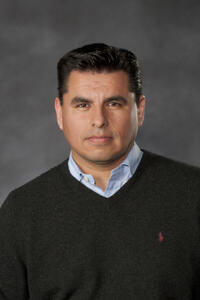
Olivares-Navarrete was the recipient of the 2014 International Association for Dental Research and Academy of Osseointegration’s Innovation in Implant Sciences Award. The award helps investigators pursue innovative and novel research in oral care that involves, but is not limited to, dental implant therapy.
Olivares-Navarrete was recognized for this accomplishment during the opening ceremonies of the 92nd IADR General Session and Exhibition in Cape Town, South Africa, on June 25. He will receive up to $75,000 to help him find innovative technologies that have the potential to improve oral health.
Olivares-Navarrete was selected for this award for his research titled, “Control of Macrophage Polarization by Physical/Chemical Surface Properties of Titanium Implant Materials.” This study aims to improve outcomes not only in healthy patients, but also by controlling the immune response to implant materials in immunocompromised elderly and diseased patients.
“This award is recognition of the ideas and research I have performed until now, as well as a validation of my future research path,” said Olivares-Navarrete. “Since I am a dentist by formation, I am honored to be recognized by leaders in the field for innovation in implant sciences.
“The award will enable me to expand studies in my group examining how materials can control immune cells and hopefully modify the possible inflammatory environment around implanted biomaterials. These studies are important scientifically, but also practically as an aging population makes successful implant outcomes more difficult.”
Olivares-Navarrete’s research at VCU focuses on surface modifications for dental and orthopedic implants, limb regeneration and growth factors in bone development and regeneration as well as other topics. He is a member of the International Association for Dental Research, Society for Biomaterials, Orthopaedic Research Society and The American Society for Bone and Mineral Research.
Subscribe to VCU News
Subscribe to VCU News at newsletter.vcu.edu and receive a selection of stories, videos, photos, news clips and event listings in your inbox.








